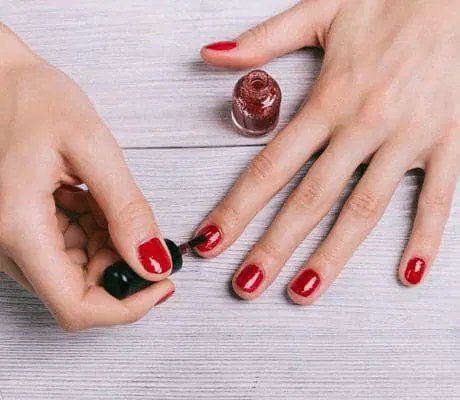Health authorities across Europe have banned trimethylbenzoyl diphenylphosphine oxide (TPO), a chemical widely used in gel nail polishes, after studies linked it to serious reproductive harm.
The European Union outlawed the use of TPO in all cosmetic products effective September 1, warning that it could cause long-term fertility problems. The decision compels nail salons in all 27 EU member states, as well as Norway and other nations that follow EU regulations, to halt the use of TPO-based gels and dispose of their existing stock. Manufacturers must now reformulate their products without the substance.
TPO has long been used in the beauty industry as a photoinitiator, enabling gel polishes to harden rapidly under ultraviolet light while providing a glossy, chip-resistant finish. However, while popular for durability, researchers say the ingredient poses hidden health dangers.
Industry observers expect the United Kingdom and other countries to adopt similar restrictions by late 2026. The United States has not yet proposed a ban, though American salons that import European products could feel the ripple effects.
“This ingredient could not be defended. The industry was unable to prove there were no safer alternatives,” said Francesca Rapolla of the UK’s Cosmetic, Toiletry and Perfumery Association.
Not all agree with the EU’s move. Belgian retailer ASAP Nails and Beauty Supply warned of “major economic damage” to small businesses and insisted there is “no human evidence of danger.” Meanwhile, U.S.-based consultant Doug Schoon criticised the decision as “disproportionate,” arguing it would waste otherwise safe products and risk undermining confidence in regulators.
The ban comes amid growing global scrutiny of chemicals in cosmetics. Experts have increasingly warned that toxic compounds, including endocrine disruptors, may contribute to infertility, diabetes, obesity, and certain cancers. A surge in endometriosis cases — now affecting nearly 190 million women worldwide — has been linked to such chemicals.
“These substances can persist in the body for years, stored in fatty tissue. They affect the immune system, disrupt hormones, and in some women, may trigger reproductive problems and endometriosis,” said Professor Katie Burns of the University of Cincinnati.
For now, Europe has chosen precaution over profit. Whether the rest of the world follows suit could determine how the beauty industry confronts the long-term health risks of its most popular products.




